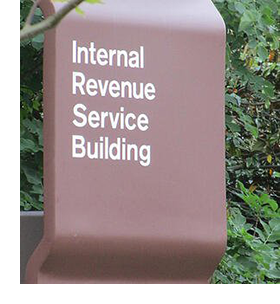Many individuals may think the time to plan for tax season occurs during the tax season, which occurs after their tax year has ended.
Unfortunately, this is often too late to make any adjustments, which may have benefited the taxpayer.
Similarly, businesses can also fall into this line of thinking and fail to plan for tax season during their tax year.












